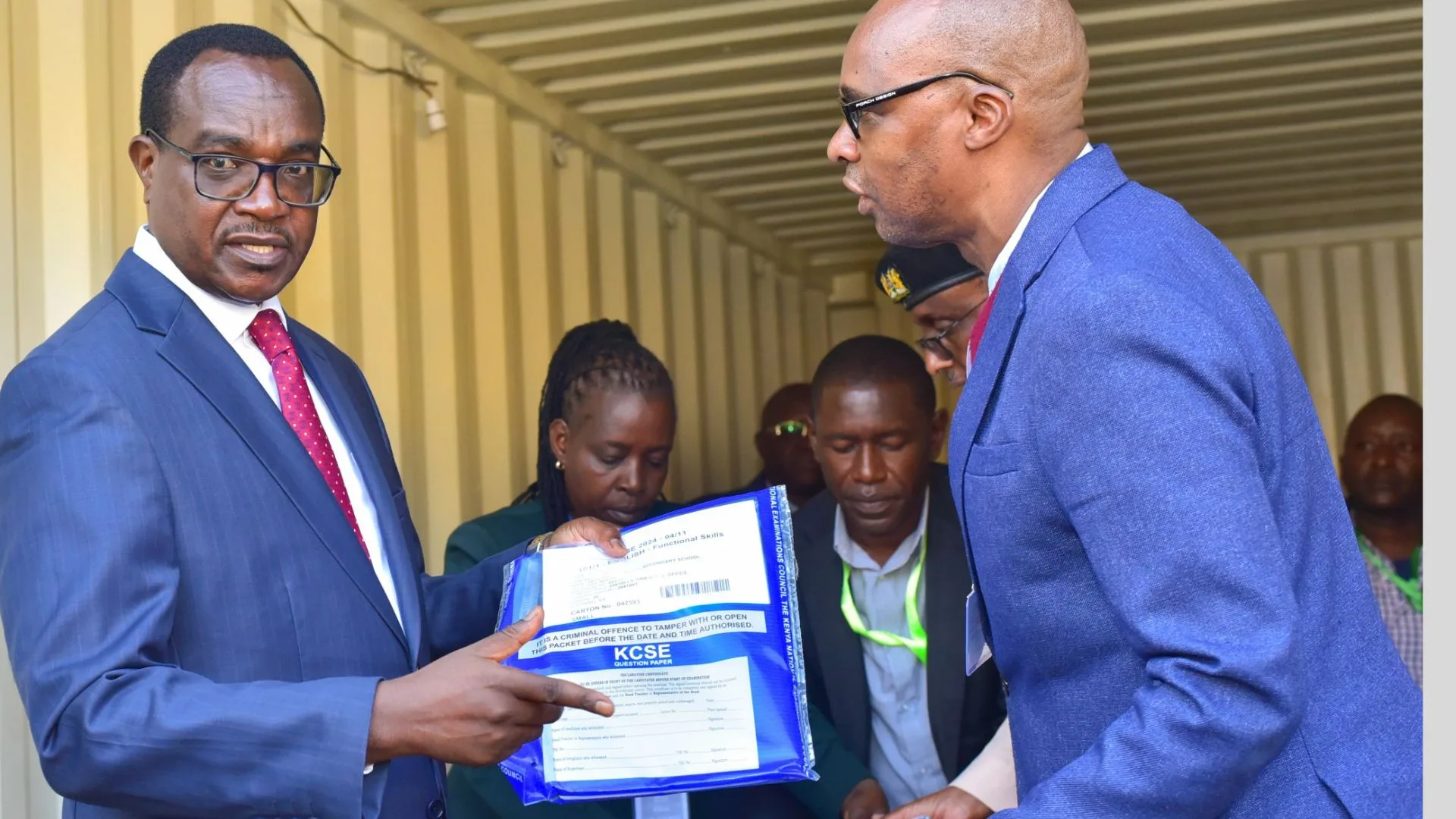KNEC Urged to Address The Rise of AI-Assisted Exam Cheating in Kenya.
The Robotics Society of Kenya has called upon the Kenya National Examination Council (KNEC) to address the growing issue of students using Artificial Intelligence (AI) to cheat in examinations.
The organization revealed that AI tools, such as OpenAI models and Virtual Private Networks (VPNs), are being misused to acquire answers dishonestly, raising concerns among education stakeholders.
With AI advancing rapidly, students can now generate and receive real-time responses by inputting exam questions into AI chatbots. This technological shift has significantly affected the credibility of the education system and fostered a culture of academic laziness.
The Robotics Society emphasized that this new form of cheating has become widespread, replacing traditional methods like hidden written notes, commonly known as Mwakenya.
Another major issue highlighted by the organization is the lack of digital literacy among exam invigilators. The group pointed out that many invigilators are ill-equipped to detect and handle AI-related exam fraud.
This gap in digital skills makes it easier for students to exploit technology undetected during examinations.
To mitigate this challenge, the Robotics Society urged the Ministry of Information, Communication, and Technology (ICT) to implement restrictions on student access to AI tools.
Additionally, they recommended that the Ministry of Education organize a national conference to review the United Nations Educational, Scientific and Cultural Organisation (UNESCO) guidelines on responsible AI use in education.
The lobby group stressed the importance of integrating AI policies into Kenya’s education system to maintain examination integrity.
The Shift in Cheating Tactics
The evolution from traditional cheating methods to AI-driven malpractice represents a significant paradigm shift in academic dishonesty.
Read Also: COTU Defends Higher Health and Pension Deductions Claims Only High Earners Affected
Previously, students relied on physical notes and other covert means to cheat. However, modern devices such as digital watches, smartphones, and earpieces have made it easier to leverage AI-powered assistance discreetly.
As AI continues to influence education, stakeholders must take urgent action to safeguard the integrity of Kenya’s examination system. Addressing these challenges through policy changes and increased digital literacy among educators will be crucial in curbing AI-enabled cheating.
KNEC Urged to Address The Rise of AI-Assisted Exam Cheating in Kenya



Discussion about this post